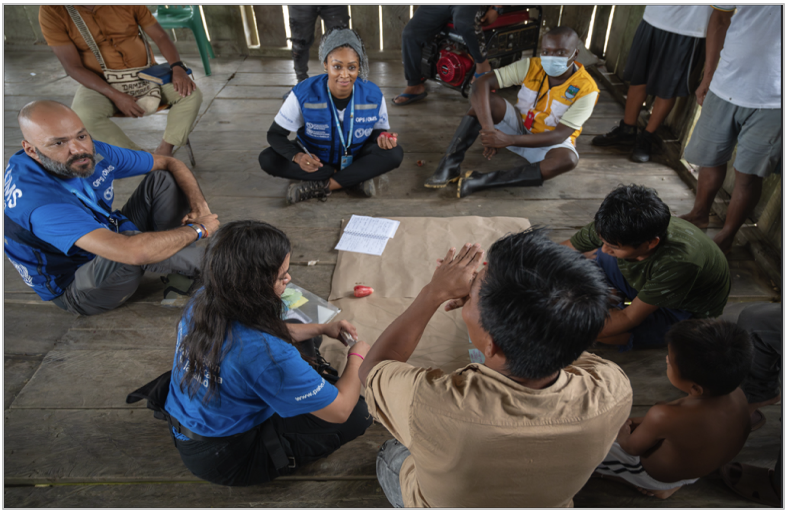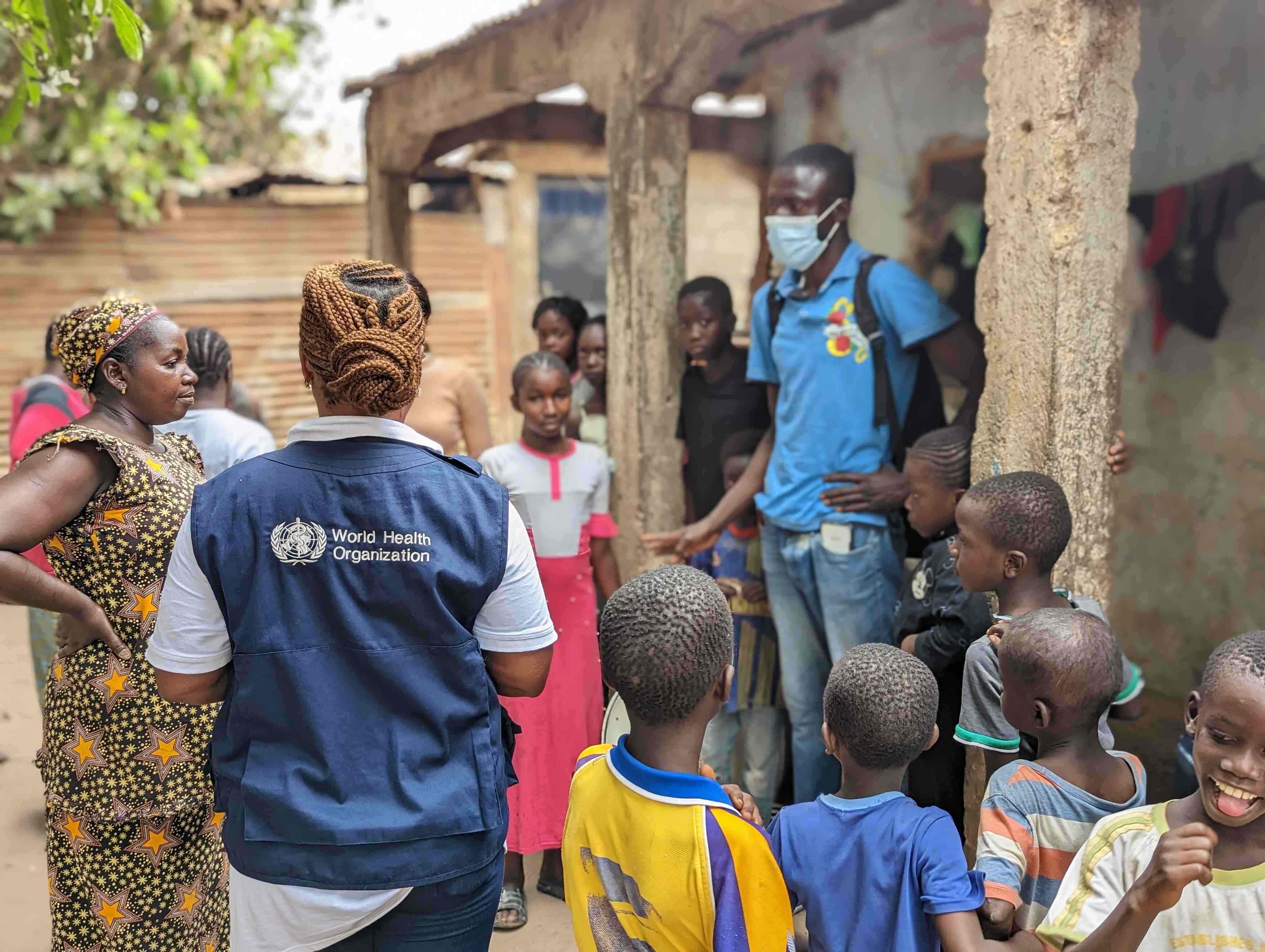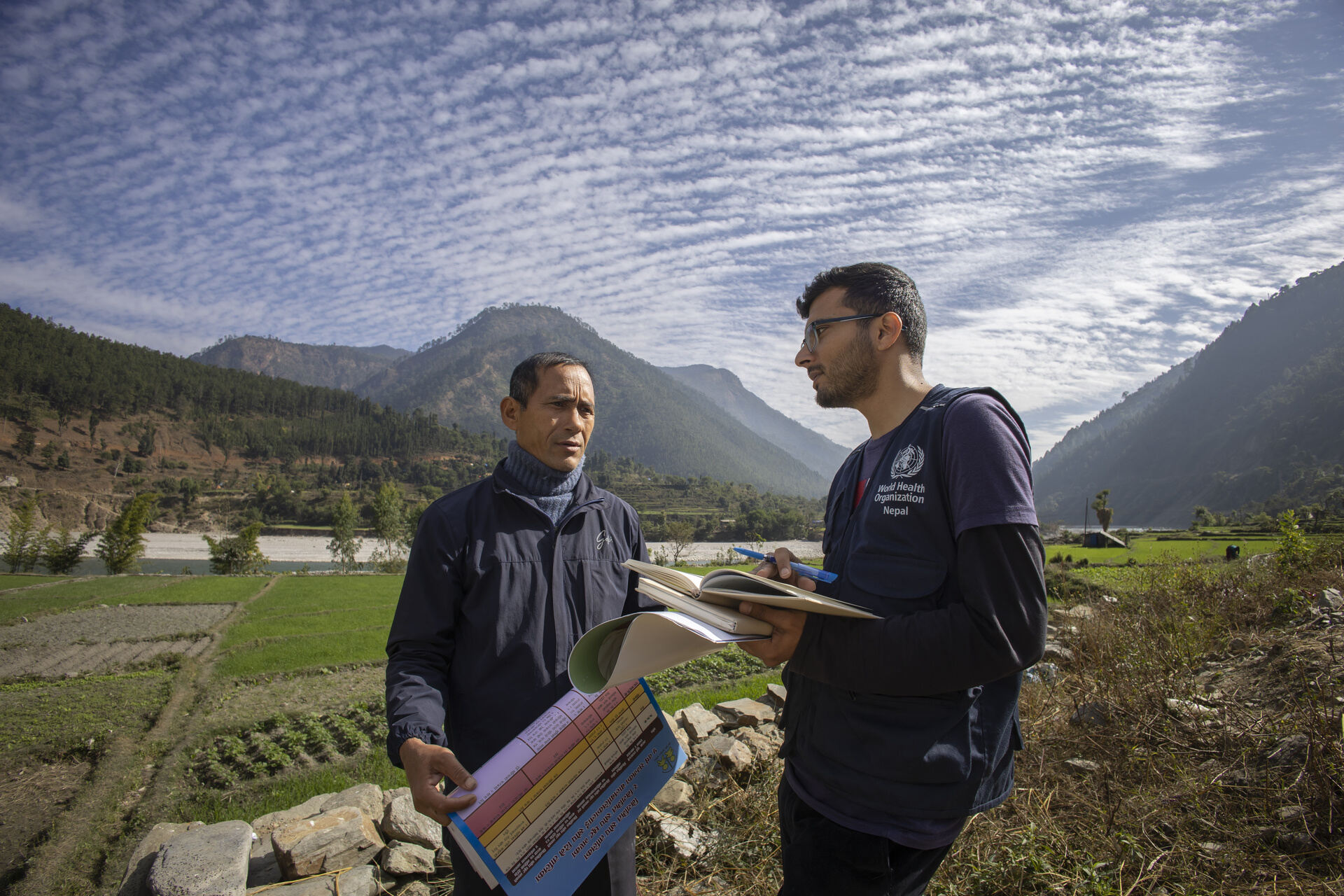Dr Tedros Adhanom Ghebreyesus
Director-General's foreword
Executive Overview
Progress towards meeting the triple billion targets, a milestone to the Sustainable Development Goals
The world is off track to reach most of the triple billion targets and the health-related Sustainable Development Goals. However, with concrete concerted action to accelerate progress, a substantive subset of them could still be achieved.
Impact on the ground
How WHO is achieving impact where it matters most
- Improved access to quality essential health services irrespective of gender, age or disability status
- Countries enabled to provide high-quality, people-centred health services, based on primary health care strategies and comprehensive essential service packages
Working together
Explore the progress
[OUTCOME]
Reduced number of people suffering financial hardship
This is summary
Universal health coverage progress hindered by financial hardship, with COVID-19 revealing the need for flexible and accountable health financing.
Every year, about 800 million people suffer severe economic hardship as a consequence of payments made at the point of use in care; of these, an estimated 100 million are pushed into extreme poverty. The Global Monitoring Report on Universal Health Coverage noted that while service coverage has improved since 2000, protection against financial hardship has not.
The impact of the COVID-19 pandemic on the macroeconomic and fiscal contexts of countries has reinforced core universal health coverage messages in revealing that flexible and accountable health financing (particularly budgetary) arrangements and the reduction of financial barriers to essential services are important parts of preparedness and response, as well as being critical for universal health coverage. However, the macroeconomic and fiscal shocks arising from the COVID-19 pandemic pose a challenge to progress because income growth was a key driver of the gains in service coverage, while increasing poverty implies that even small expenditures for health services can cause financial hardship.










